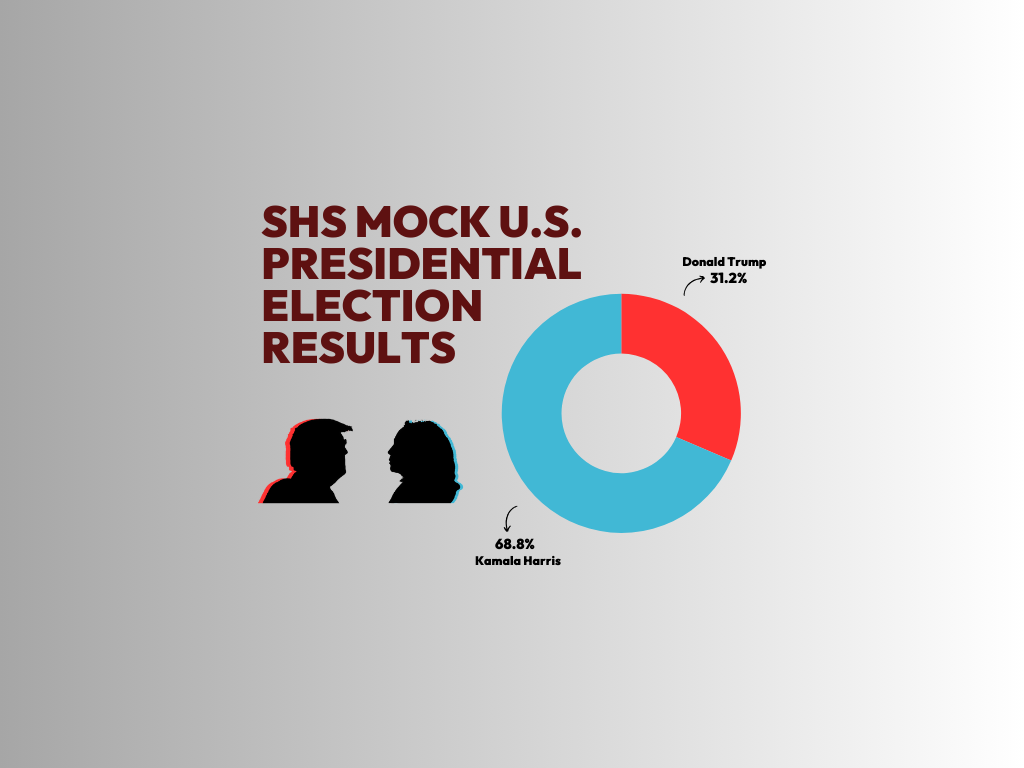On October 3, 2023, in a 216 to 210 vote, Republican Kevin McCarthy was unseated from his role as Speaker of the House. This came as a result of McCarthy angering some of his GOP colleagues for having negotiated a funding deal with Democrats in order to avoid a government shutdown and ensure that public workers get paid and critical programs for those in need continue to operate. Led by Representative Matt Gaetz, they accused McCarthy of abandoning GOP demands and made a motion to vacate against the speaker, which quickly led to McCarthy being voted out. Many other speakers have lost their party’s confidence and have chosen to resign before finishing their terms. However, McCarthy’s ouster was unprecedented as he didn’t step down on his own accord. To make matters more challenging, he was removed mid-term via a full House vote. This has also occurred in Congress during a period of all time high political polarization and strained intra-party politics. In January 2023, McCarthy had to fight hard for the speakership and only won on the 15th round of voting, after 5 days of successive ballots, and his agreeing to major concessions for right-wing Republicans in order to garner their support. The difficulty he had in getting elected should have foreshadowed how dysfunctional his relationship would be with ultra-conservative Republicans and therefore how tenuous his position would be.
The role of Speaker of the House is critical to the functioning of the U.S. legislature. The individual in that role is the leader of the House and is its administrative head in orchestrating all legislative debates and votes, as well as serving as the de facto head of the chamber’s majority party. According to Congressional rules enacted following 9/11 to bar against catastrophe if the position of Speaker is vacated, an interim Speaker is appointed based on the order of a secret succession planning list that every Speaker is required to maintain.
Republican from North Carolina, Representative Patrick McHenry, under these rules was the first to be named interim Speaker pro tempore (Latin, meaning “for the time being”) as he was the first on McCarthy’s list. The primary duty of the interim Speaker is to oversee the election of a replacement. However, the rules of what the House can do under an interim Speaker are unclear and so, the House was in uncharted territory. It is also uncertain whether an interim Speaker can be considered second in line for presidential succession. While some contend that an interim Speaker can exercise the full scope of authority of the role, interim speakership is intended to be temporary, and an interim Speaker is even more subject to the will of the majority, having minimal actual power. Therefore, within 24 hours of being named, McHenry decided to officially adjourn the House and suspend all legislative business.
Congressional rules do not currently stipulate any timeline for replacing a Speaker and thus there is no requirement of how quickly the House needs to act in such a situation. Before a candidate for Speaker can be brought to the floor for a full-chamber election, the majority party meets behind closed doors to select a nominee. This process entails a vote that requires a majority of the party. The issue in today’s divisive atmosphere in Congress is that even securing a majority of fellow Republican backers is likely inadequate to succeed in a full House vote without affirmative votes from nearly the entire party which is quite challenging amid all the in-fighting.
For a new Speaker to be elected, 217 votes were required, which is the majority of the House’s 433 members, with two current vacancies, and assuming that all members are present to vote. If a nominee does not receive a majority vote, voting continues until someone achieves it. In the House’s history, this situation has occurred 15 times, with 13 of those situations prior to the Civil War. The most protracted House election happened in the 1855-1856 Congressional session when it took 2 months and 133 voting attempts to elect a new House Speaker!
Both nationally and on the world stage, the House not having a permanent Speaker was an embarrassing failure of our government at a time of global crisis when the U.S. legislature had to function in order to approve government funding before a looming November 17th deadline to avoid a shutdown, as well as approve measures and funding for our allies engaged in the ongoing conflicts in Israel and Ukraine. After an embarrassing succession of Speaker hopefuls including Representatives Steve Scalise, Jim Jordan, and Tom Emmer all failed to unite the GOP’s disparate factions and obtain the necessary votes, finally on October 25, 2023, after 21 days without a Speaker and the House at a legislative standstill, Representative Mike Johnson from Louisiana cemented the election.
Johnson is a relative newcomer in Congress, only in his fourth term. A vehement evangelical conservative who opposes abortion and LBGTQ+ rights, he champions the religious right’s priorities and is a staunch Trump supporter, having defended the former President against impeachment. He has taken aim at President Joe Biden by looking to cut funding to the President’s signature Inflation Reduction Act, signed just last year, which will only serve to further divide the parties. However, in his first test of leadership, Johnson managed to get bipartisan support for a short-term funding bill to avoid a government shutdown. On November 13th, just days before the deadline, the House approved, in a 336 to 95 vote, continuing current spending levels to support federal agencies functioning until mid-January. This bill did not include the expansive spending cuts fiscally conservative Republicans demanded, but it also did not include President Biden’s funding request of more than $100 billion for aid to both Ukraine and Israel. Ironically, Johnson’s handling of this resolution, in many ways, followed the same approach that his ousted predecessor, McCarthy, tried to pursue.
Recently, just 5 days ahead of a January 19 deadline, Congress averted yet another funding crisis when bi-partisan leadership agreed on a new continuing resolution that would continue into March. This stopgap spending agreement, announced by Speaker Johnson and Senate Majority Leader Chuck Schumer, which set the 2024 spending level at $1.59 trillion, was passed by both houses and signed by President Biden just ahead of the deadline, once again providing lawmakers on both sides of the aisle more time to hash out longer term spending legislation. Amid this latest short-term deal, Johnson continues to face enormous pressure from conservatives over the deals he’s made with Schumer. This leaves Johnson precariously caught between the hard-right and more moderate factions of the GOP and Democrats as he works to navigate a very narrow majority to get legislation approved. Conservative hard-liners insist on simultaneously cutting spending and including additional border security into spending talks, threatening to allow a shutdown if their demands are not met. At the same time, Republicans continue their polarizing oversight agenda, taking aim at President Biden’s son, Hunter, by holding him in contempt of Congress, as well as moving forward their effort to impeach Secretary of Homeland Security Aljandro Mayorkas over the border crisis.
Only time will tell if prioritizing getting the job done over the wishes of his right-wing party mates will allow Johnson to avoid the same fate as McCarthy, although no one in the GOP seems to have an interest in repeating that situation right now. Republicans must continue to proceed with caution as they have dwindling numbers in the House after McCarthy’s departure and George Santos’ expulsion, making it that much more challenging to pass legislation in the current climate. Additionally, more moderate GOP members are concerned that hard-liners’ lack of flexibility could result in the Republicans losing the House in the 2024 elections.



















